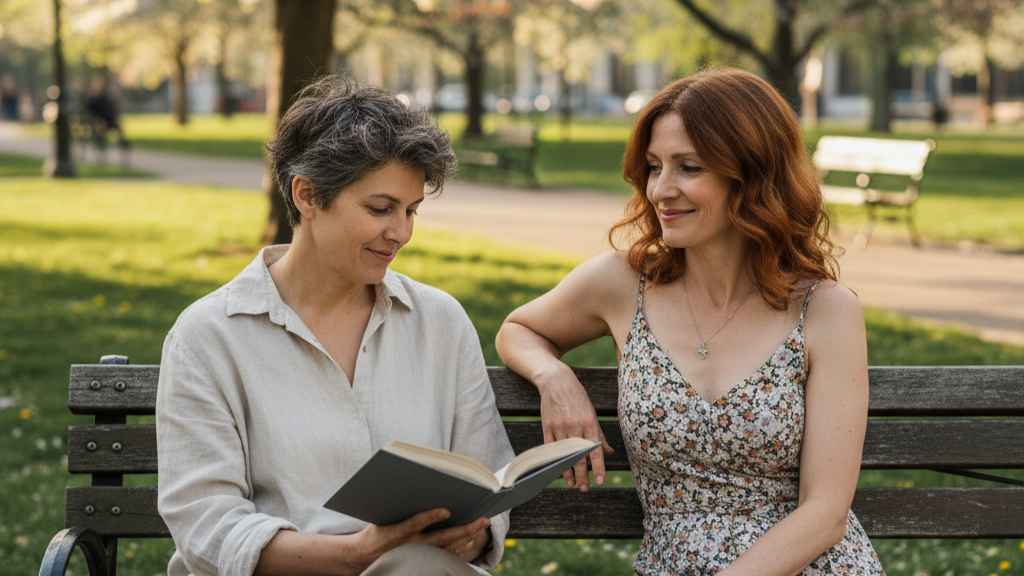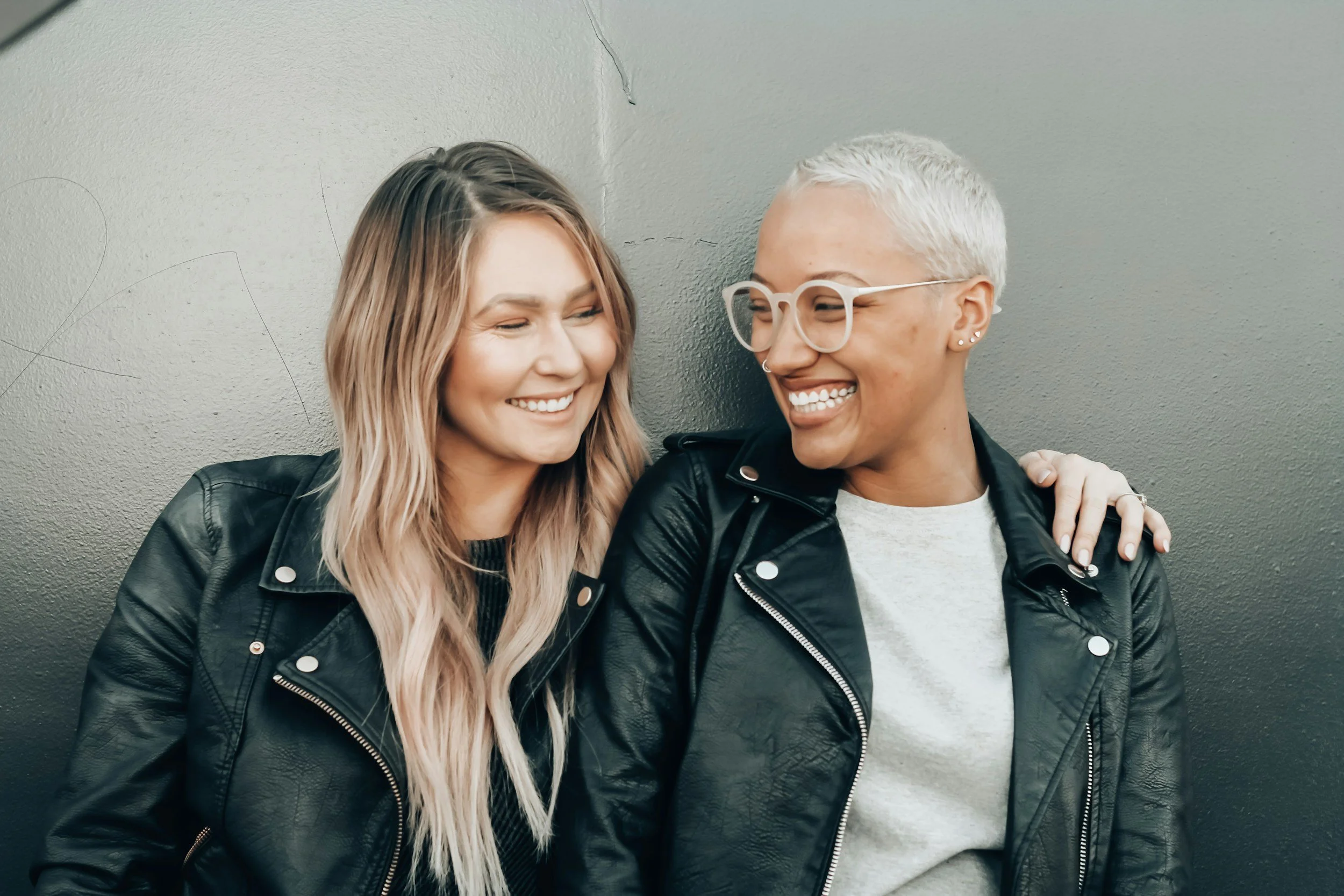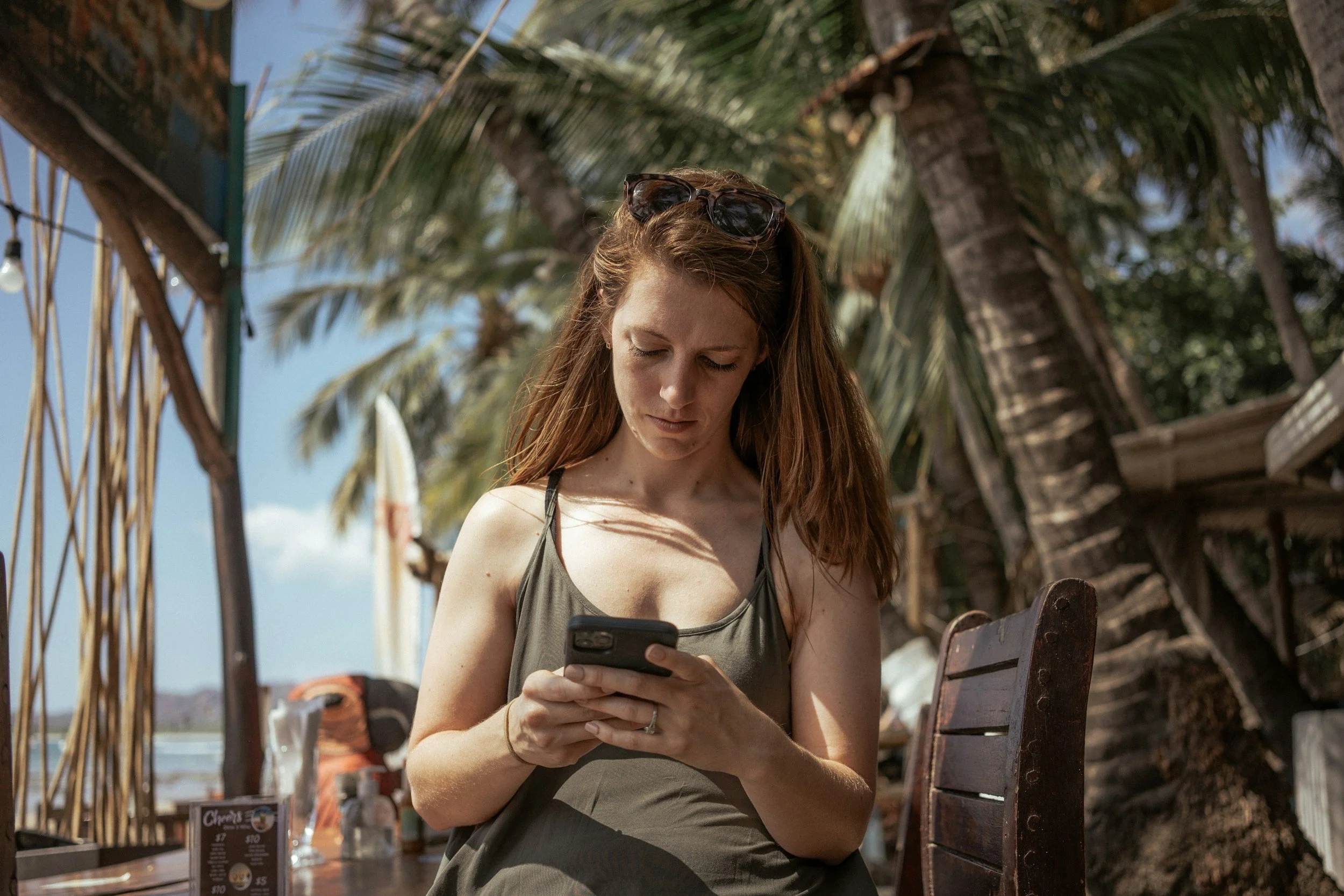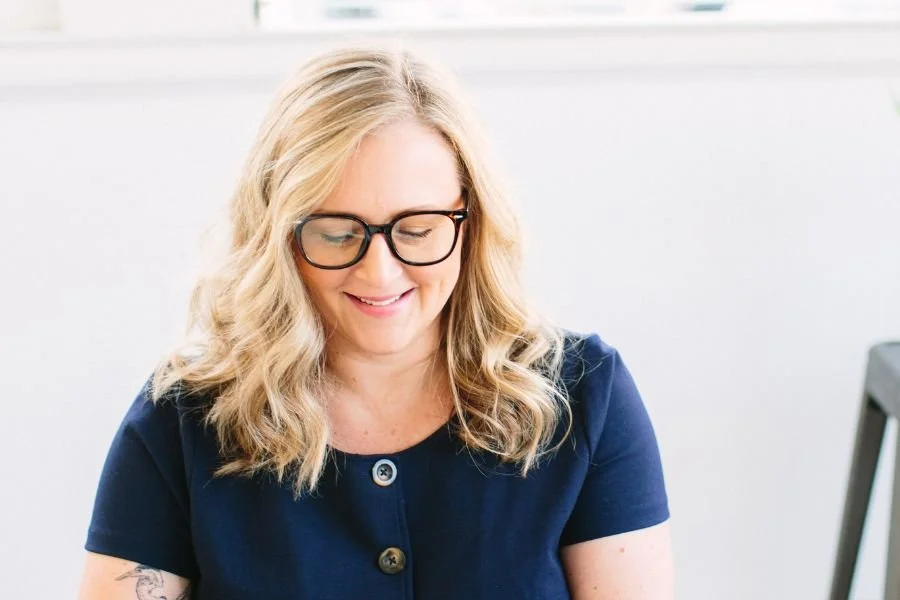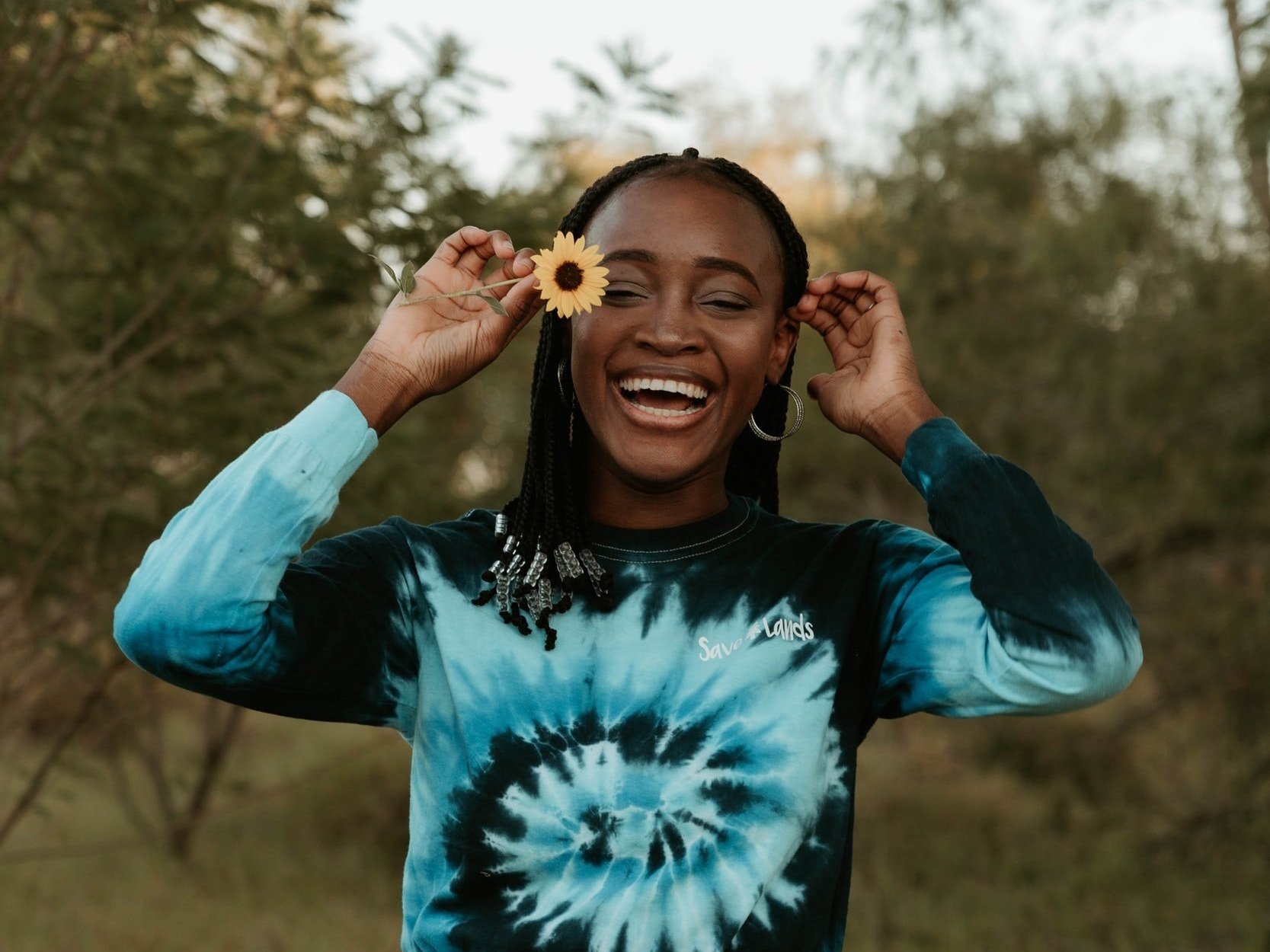Healing from Within: My Story
It all started when…
October 2012. I had just started experiencing a few mild symptoms but was still very active.
My immune system went bonkers, and I started shitting 12 times a day. For a year, my body waged a melodramatic war on itself.
Ulcerations (holes) had permeated my intestines. Widespread inflammation resulted in joint pain at an 8 out of 10 on the pain scale. Taking a shower left me winded, and needing a nap, and turning over in bed made me wince in pain.
Early 2013, right before I quit CrossFit because my Crohn’s symptoms worsened. I was on a “health kick” when I got Crohn’s disease, eating well and exercising regularly.
My once thick and athletic cross-fitting body was now a fragile and hunched-over mess of bones. During the week before hospitalization, I lost one pound every day. Because of intense pain throughout my body, I tensed up when people tried to hug me. I started carrying pepper spray, just in case I got mugged. I'd never thought about getting mugged until I realized I couldn't defend myself or escape. I missed out on everything; birthdays, family gatherings, dinner parties, vacations. Even simple walks in my neighborhood were impossible. All my time was spent at doctor's offices and worrying whether the massive pile of medical bills would get paid.
Mission: Diagnosis
My friend Tara drove me to the clinic on Diagnosis Day (my colonoscopy). It was a big day because I would get an answer about why I'd been so sick. The doctor didn't talk to me after the procedure. Instead, the nurse printed a report and handed it to Tara as we left. Respecting my privacy, Tara didn't look at the report. She folded the papers in half and set them on my coffee table when she dropped me off at home. I was groggy and tired, so I sent her home so that I could take a nap.
In the months leading up to this day, I researched my symptoms and decided that Crohn's disease was the thing I didn't want. It is one of those jerk-face illnesses that nobody has cured yet. The patient stories were horrendous. It seemed that going into remission was rare and staying there impossible.
I didn't see the doctor's report until I woke up a few hours later. In addition to several stomach-churning pictures of the inside of my intestines, there, in bold letters on the top of the page, read: Diagnosis; Moderate to severe Crohn's disease of both small and large intestine.
My whole world crashed. I imagined a life where all I did was manage my disease, and everything else would become secondary. I'd be in excruciating pain and pooping like a duck for the rest of my life.
This was during the height of my illness after a hospital stay. A dear friend sent those beautiful flowers. I lost 45 pounds and was in and out of the hospital constantly.
July 2013, a few weeks after diagnosis. The Prednisone made it possible for me to get to the beach for our annual geoduck dig but left all the digging to my stepdad, Steve.
Dreams: Squashed
Obsessively researching my disease.
I can still feel the agony of despair that washed over me when I read the report. I was turned upside-down by a string of letters on a piece of paper.
I didn't hold the emotions for very long. Through the mist of my tears, I got up from the couch and made myself a sandwich. "I have things to do," I thought. Avoidance set in. I distracted myself with a to-do list as if replacing the light bulb above the stove was somehow important. In the background of my mind, Crohn's was quietly shaking up my whole world.
Then came the waves of anger and rage. I felt disoriented. I engaged in excessive self-loathing. I obsessively Google-searched miracle cures. I was dead-set on Crohn's not squashing all my dreams, but all I thought about was what I couldn't do and what I couldn't enjoy. I could only see sickness, and it was overriding everything else about me and my life. What's worse is I blamed myself for getting sick.
Problems: (un)Solved
My old go-to coping strategy is analyzing, thinking, and problem-solving away discomfort. I saw Crohn's disease as a big problem and set out to fix it. I recruited every doctor I could find. I stopped eating almost everything I enjoyed. I took snake venom. I went to a tarot card reader. I saw a psychoanalyst three f**king times a week. I did acupuncture, massage, and energy work and read every piece of literature I could find. All this while working full-time as a therapist because I had to pay all those medical bills.
It turns out it's really hard to problem-solve your way out of a chronic, incurable disease.
I became preoccupied with shaming myself for getting sick, blaming myself and my army of doctors for not taking my symptoms seriously, and catastrophizing the loss of every hope and dream I'd ever had. I spent countless hours problem-solving things that weren't solvable because I thought it would take away my worry. There was little room left to think about living well.
"We're gonna get you better."
In my flurry of recruiting every healer and remedy I could find, I landed in the office of a naturopathic physician in Seattle. I told him about my symptoms and my diagnosis. I told him I was desperate and I needed his help. I told him I'd do anything to get better.
He ran some tests and made some simple recommendations about supplements and nutrition. Then he asked about my childhood, my astrological sign, and whether I was expressing my truest desires. He talked about chakras and told me stories about his travels, where he learned from spiritual guides. He also made poop jokes.
Hospital socks are fantastic.
Noticing my overwhelmed and glazed-over expression, he said, "We're gonna get you better, Emily. We're gonna get you better."
I'm unsure if it was my desperation, his commitment to my healing, or some intuitive sense that this doctor could help me, but I listened intently and continued working with him. (Spoiler alert: Best doctor I've ever had.)
His comment about getting better was jarring. No other doctor had said this to me. My other doctors only warned me about not getting better. I learned from my naturopath that our bodies are designed to move toward a state of equilibrium. He helped me understand that the only thing getting in the way of healing is me. I could heal, but it would require more than medicine.
Initially, it was overwhelming to think about healing the physical condition while also addressing my emotional and spiritual life. My naturopath knew that illness was going to be my greatest teacher. I didn't know it yet, but I pressed on.
If you don’t go to battle, there is no war
I didn't have an instant ah-ha moment, but I quickly learned I couldn't continue down the shaming-blaming-catastrophizing path if I wanted to heal. I couldn't fight Crohn's disease. I would never win. And the battle would be too much to bear anyway.
As long as I was fighting, I was putting my body in a state of resistance. The more I clung to ways out and easy solutions, the more I suffered. As long as I pushed away Crohn's disease, I pushed away everything that could be important and meaningful about having it. Until I let it teach me, I wouldn't learn how to heal.
I let go of problem-solving everything and controlling every emotion. I stopped taking extraordinary measures to protect myself, change my feelings, or chase after my before-Crohn's life. I stopped battling.
If you don't go to battle, there is no war.
My kitty Daisy took good care of me during my home infusions.
Waiting to go in for surgery and trying to calm my nerves by taking selfies in the changing room.
One of many hospital visits to surgically repair the damage done to my digestive tract.
It wasn't easy. During the first year after diagnosis, I had six surgical procedures to repair the damage done to my colon, and none of them worked. I continued to see multiple healthcare practitioners regularly, and some weeks I had five appointments. I continued to work full-time as a therapist running my practice. I have no memory of how I did this.
I didn't have the bandwidth to engage in every healing practice I wanted to. I focused on doing some common-sense things, like eating an anti-inflammatory diet and lowering stress. I took some supplements (because my intestines weren't absorbing nutrients). I rested a lot. I listened to my body. I asked friends and family for help. Some days I felt trapped by illness. On other days I felt grateful. The road to healing was long, but I stopped letting Crohn’s bully me into helplessness.
I also did this counter-intuitive thing: I accepted Crohn's. I opened up to healing as well. You might think that allowing illness and seeking healing are contradictory mental states. They’re not. One requires the other.
Back out digging geoducks the next summer!
Deep down, below all the pain and fear, I believed I could heal. This belief was liberating. It re-calibrated my body and mind to receive healing. Energy followed my thoughts, and my thoughts were on recovery. I felt freer. Not the kind of temporary relief that comes from controlling things but the type of freedom that comes from not controlling anything. I didn't need to reject my illness to believe in healing.
I practiced slowing down enough to allow my intuition to show up. I quietly observed the contents of my mind and the messages in my body. Negative content loosened its grip. Helpful content gave me valuable information and choices when making difficult medical decisions. Then this funny thing happened: I started healing. Not just emotionally but physically too. I went into remission. The damage in my colon that three surgeons had so resolutely tried to fix eventually healed on its own.
Giving illness a say
I once saw my disease as a punishment, but in my state of cooperation, Crohn's became a friend and ally. I decided to let Crohn's have a say. I gave it a seat at the dinner table. I welcomed it and fed it dinner (gluten-free, of course). We had some excellent conversations, me and Crohn's.
Always moving forward, even when it’s hard.
I learned some critical lessons. Here are some, in no particular order:
Illness is not the enemy. It can change how you show up in the world and allow a whole other side of your life to reveal itself.
Life isn't about feeling good or feeling bad. It's about feeling what you feel, thinking what you think, and still doing what matters to you.
Healing always happens with others. It cannot be segregated or done alone.
So much depends on the choices we make in relation to our circumstances. It is not just the events of our lives but how we choose to act during those events.
Amid sorrow, pain, and suffering, there always lies a hidden purpose to things. I also believe that we have the power to realize whatever this purpose is. Knowing the meaning requires love, wisdom, and compassionate support.
Doctors who don't give you hope should be fired.
There is a hidden challenge in illness that throws us beyond medications and treatments. It helps us find within ourselves the resources to transcend our circumstances. For me, it revealed courage and tenacity I didn't know I possessed.
Allow others to help you. They enjoy it. Don't rob them of that.
Illness is not the same thing as suffering. Illness can be excruciatingly painful and make you feel like you have no control over your life. But housed in these experiences are important gifts.
Saying no is deeply empowering and acutely life-affirming. It lets people know that you are in charge of your life and helps you learn your limitations so you can say yes to the right things.
Coming to stillness cannot be reserved for when some other condition in your life is met. Coming to stillness requires commitment, even with a long to-do list or other responsibilities.
When all else fails, take a nap.
Healing is not isolated. Healing is multidimensional and accessible through a variety of approaches. I can't be sure what helped me heal, but I believe that healing, learning, and awareness are integral.
If treating the body alone doesn't lead to complete healing, then it's possible that the body alone did not create the illness. Spiritual growth may be the main aspect of healing and may not include recovery of the body.
As I look back over the development of my illness, what I have learned about myself and my life has far outweighed the detriment of having the disease. When all is said and done, Crohn's disease will always get a seat at my table.
Exploring how these themes resonate in your own life? Therapy can be a place to unpack, find clarity, and move forward in a way that feels true to you. If you’re interested in seeing how we might work together, please review my specializations in the “About You” menu at the top of the page. I work with women in Seattle and across Washington State.













